Conscience and Every Cure launch partnership to advance drug repurposing
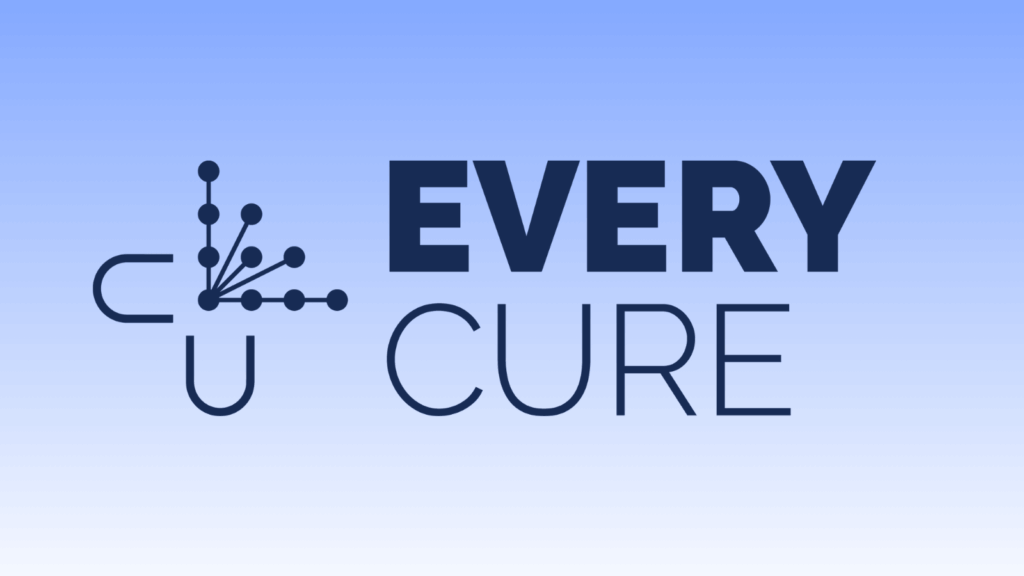
We are pleased to announce a new partnership with Every Cure. Every Cure is a U.S.-based nonprofit on a mission to save and improve lives by repurposing drugs; the organization leverages AI to uncover new uses for existing medicines to address diseases with high unmet need. They validate the most promising opportunities through laboratory research […]
Intellectual Property Strategies in the age of AI

In this recently published op-ed in CanadianSME, Conscience’s Chief Policy and Partnerships Officer, Richard Gold, and CEO, Peng Fu, call for biopharma SMEs to rethink their reliance on patents as they adopt AI. They argue that traditional patent-first IP strategies are increasingly misaligned with how AI actually works, because machine learning depends on broad data […]
From risk to resilience: rethinking innovation in drug discovery

In a new op-ed for Drug Discovery World, Conscience CEO Peng Fu and Communications Lead Estrid Jakobsen argue that the biggest opportunities for progress in drug discovery lie not only in new technologies, but in reimagining how science itself is organized. They explore how open science, creative collaboration, and alternative incentive models can help the […]
Enamine joins the CACHE Governing Board
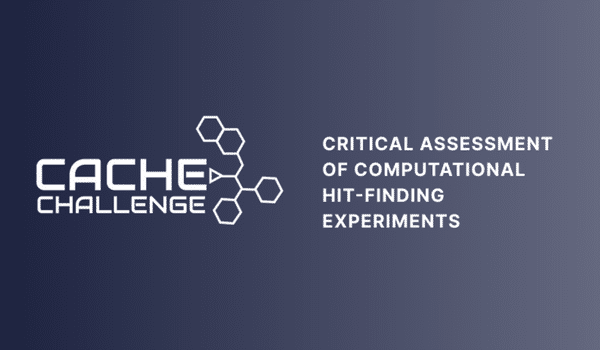
We are pleased to announce that Enamine has joined the CACHE (Critical Assessment of Computational Hit-finding Experiments) Governing Board. Enamine has already played a central role in CACHE, serving as the primary supplier of compounds for the challenges since the very beginning. Founded in 1991, Enamine is the leading provider of chemical compounds and a […]
CACHE Challenge #4 identifies a novel ‘hit’ for a cancer immunotherapy target
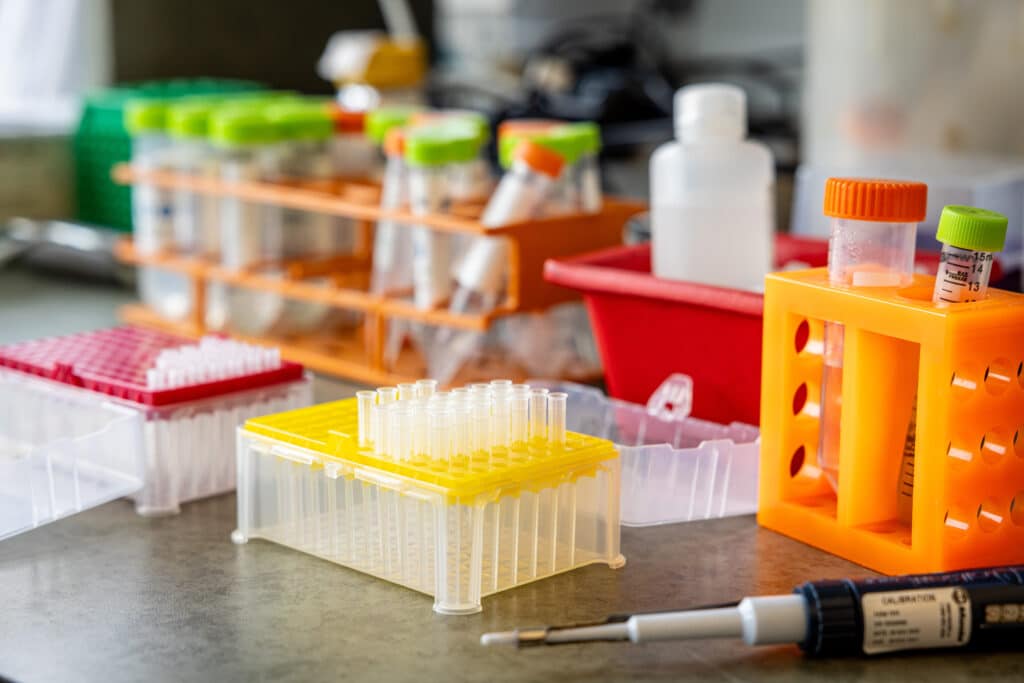
In our fourth CACHE Challenge, researchers from across the globe used computational methods to predict molecules to bind CBLB, a cancer immunotherapy target. The top-performing team identified a molecule that was not only bioactive but also chemically novel—an especially significant achievement given the existing patent coverage around this target and the difficulty pharmaceutical companies have […]
Peng Fu Appointed CEO of Conscience

We’re excited to announce that Peng Fu has joined Conscience as our new Chief Executive Officer. He brings deep experience in biotech, finance, and law, and we’re looking forward to seeing how his leadership can help us move closer to our vision: a future where no patient is left behind. For more information, contact:Estrid Jakobsen […]
Canadian SMEs Should Shift Perspectives on Patents to Enable Growth
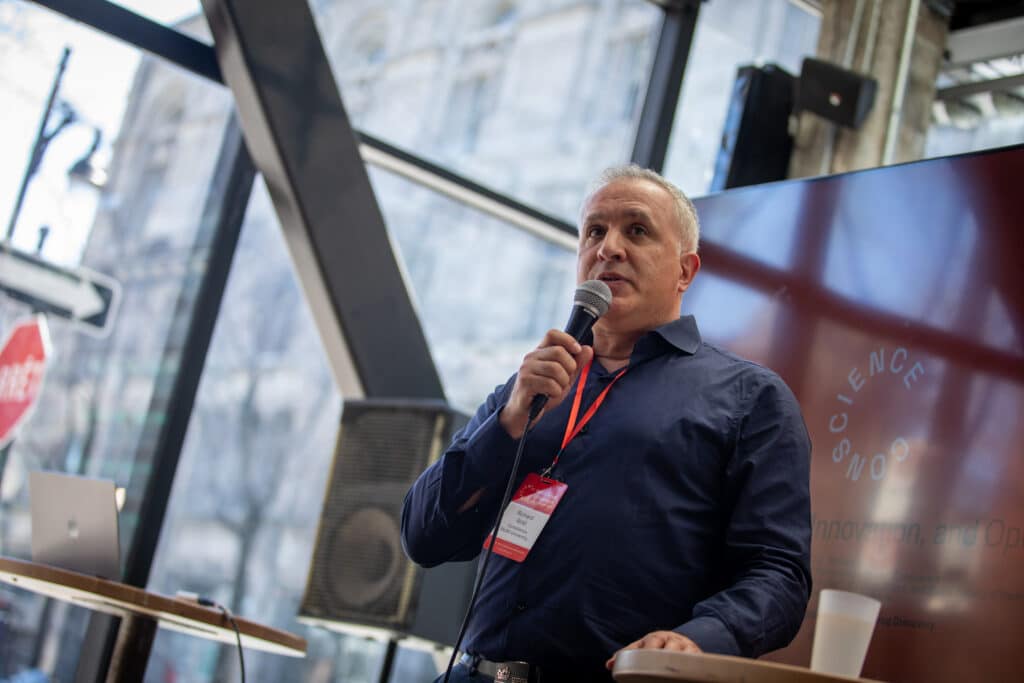
In a recent op-ed published by Canadian SME Magazine, Conscience’s Chief Policy and Partnerships Officer Richard Gold makes the case for why Canadian science-based SMEs should consider open science not just as a philosophy—but as a practical strategy for growth. In an era where funding is uncertain and the costs of pursuing patents are often […]
Conscience sparks dialogue on open science at the Fonds de solidarité FTQ Life Sciences Symposium
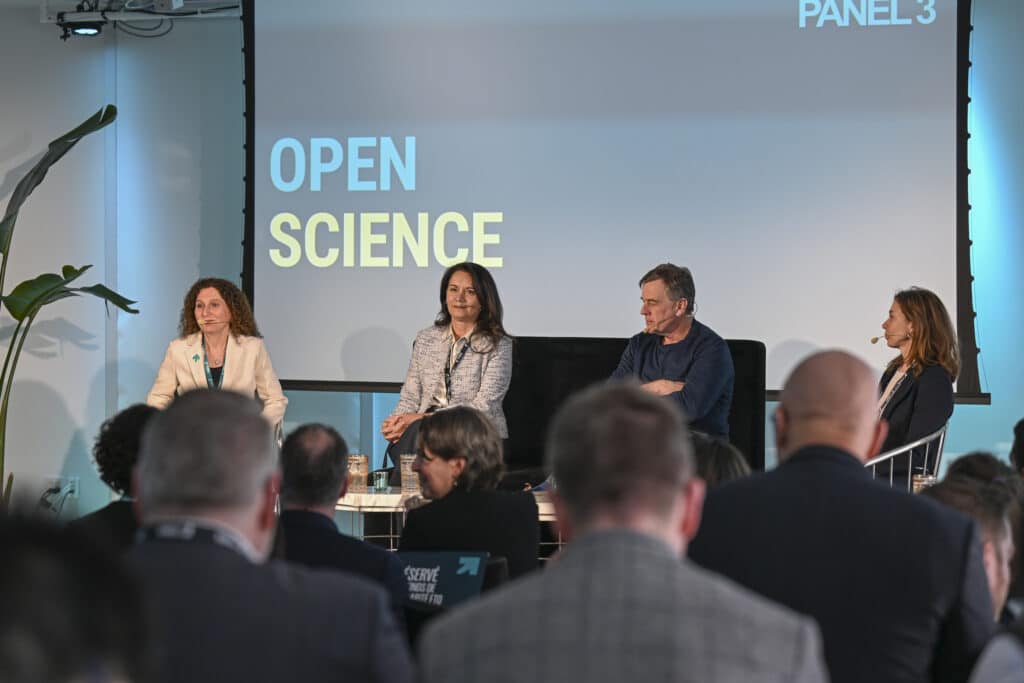
A few weeks ago, Conscience’s Chief Science Officer Aled Edwards and board member Florence Rozen—who also serves as Scientific Director of Investments at the Fonds de solidarité FTQ—participated in a standout panel on open science at the Fonds’ invitation-only Life Sciences Symposium in Montréal. The event marked the Fonds’ 35-year commitment to innovation in Québec’s […]
Reflecting on the Conscience Symposium on Open Drug Discovery
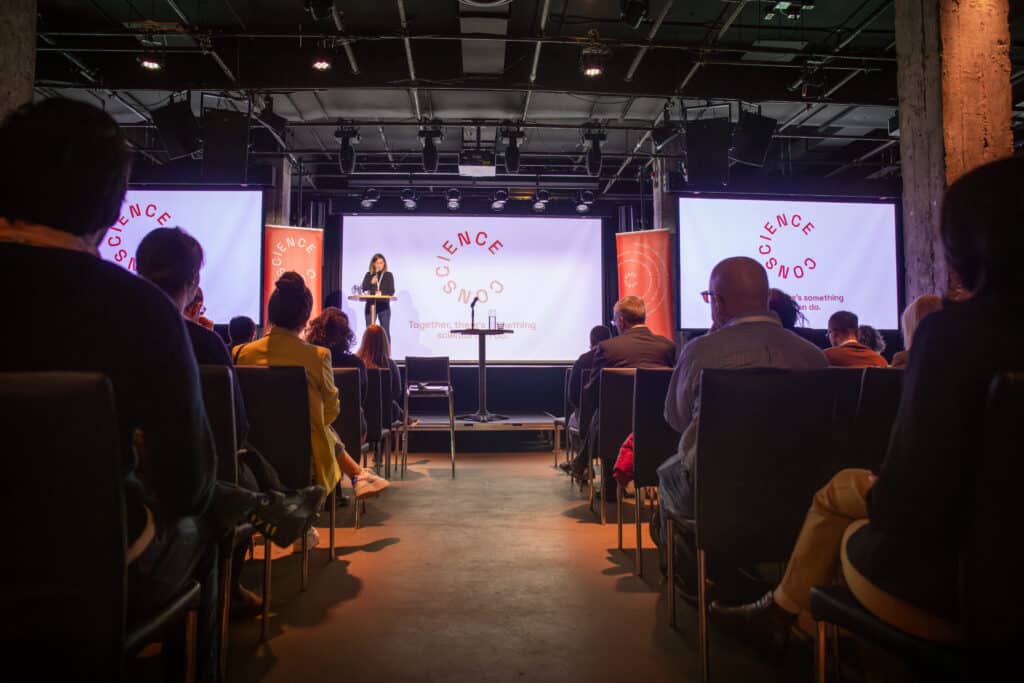
The 2025 Conscience Symposium on Open Drug Discovery took place in Montreal on April 7 and 8, 2025, at the Society for Arts and Technology—and we’re proud to share that it was a great success! 126 valued members of our community from across academia, industry, and non-profit sectors, gathered for two dynamic days of panels, […]
AI drug development’s data problem
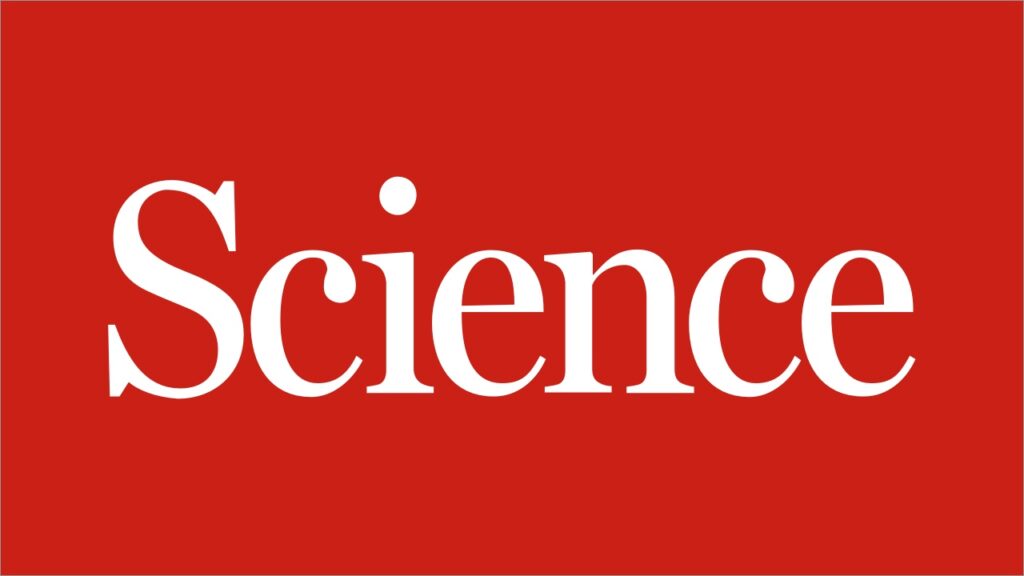
Richard Gold, Conscience’s Chief Policy and Partnerships Officer, has co-authored an editorial in Science with Robert Cook-Deegan calling for global coordination and public investment in high-quality, open datasets to enable AI-driven drug discovery. Drawing lessons from past successes like the Protein Data Bank and the Human Genome Project, the authors argue that the future of […]
Expansion of the CACHE Governing Board

We are proud to announce the expansion of the CACHE Governing Board, which now includes representatives from four pharmaceutical companies; UCB, AstraZeneca, Bayer, and Boehringer Ingelheim. The Governing Board’s role is to actively lead and provide direction for the CACHE challenges, as well as nominate members for its independent expert panels for target selection, application […]
As U.S. tariffs loom, Canada should use AI to fight back
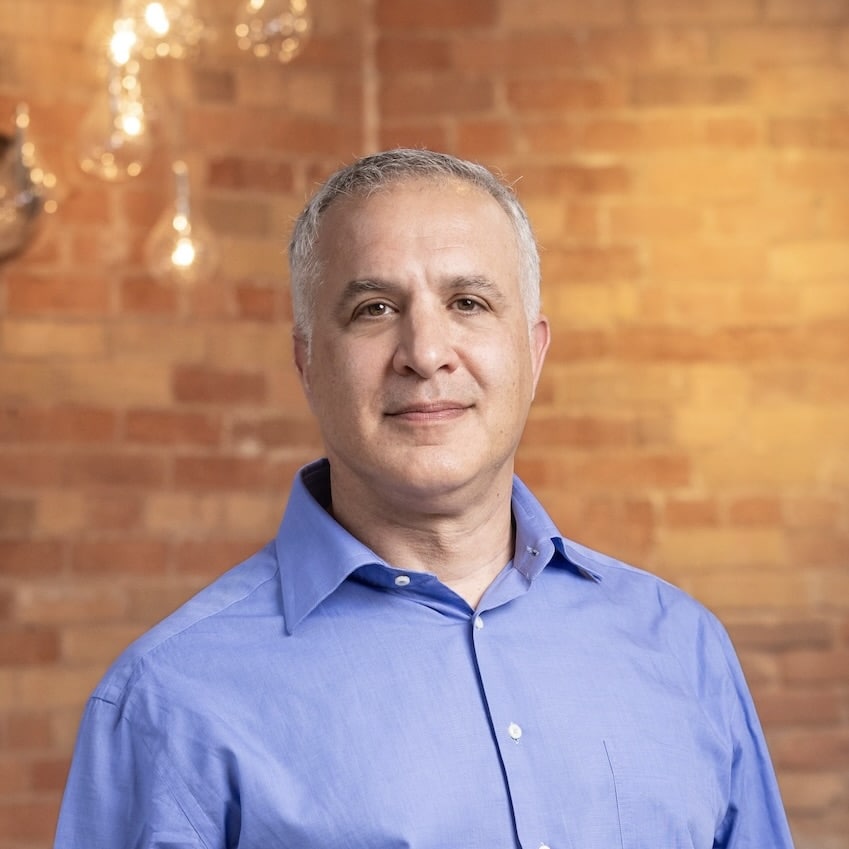
Our Chief Policy and Partnerships Officer, Richard Gold, argues that Canada has a unique opportunity to become a global leader in AI-assisted drug discovery by leveraging its strong scientific expertise and biomedical data infrastructure. To reduce reliance on the U.S., Canada must invest in large, open datasets, streamline regulations, and foster collaboration between government, academia, and […]